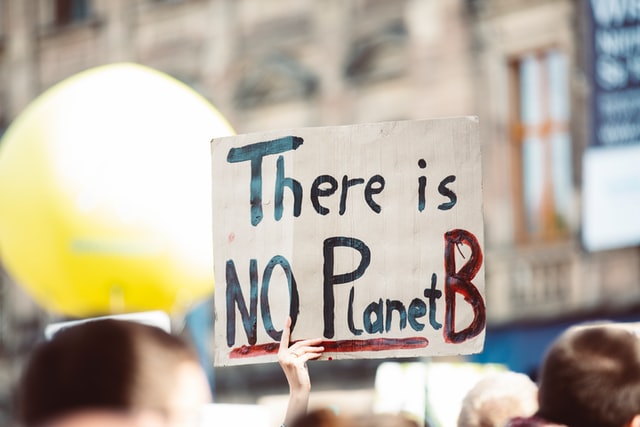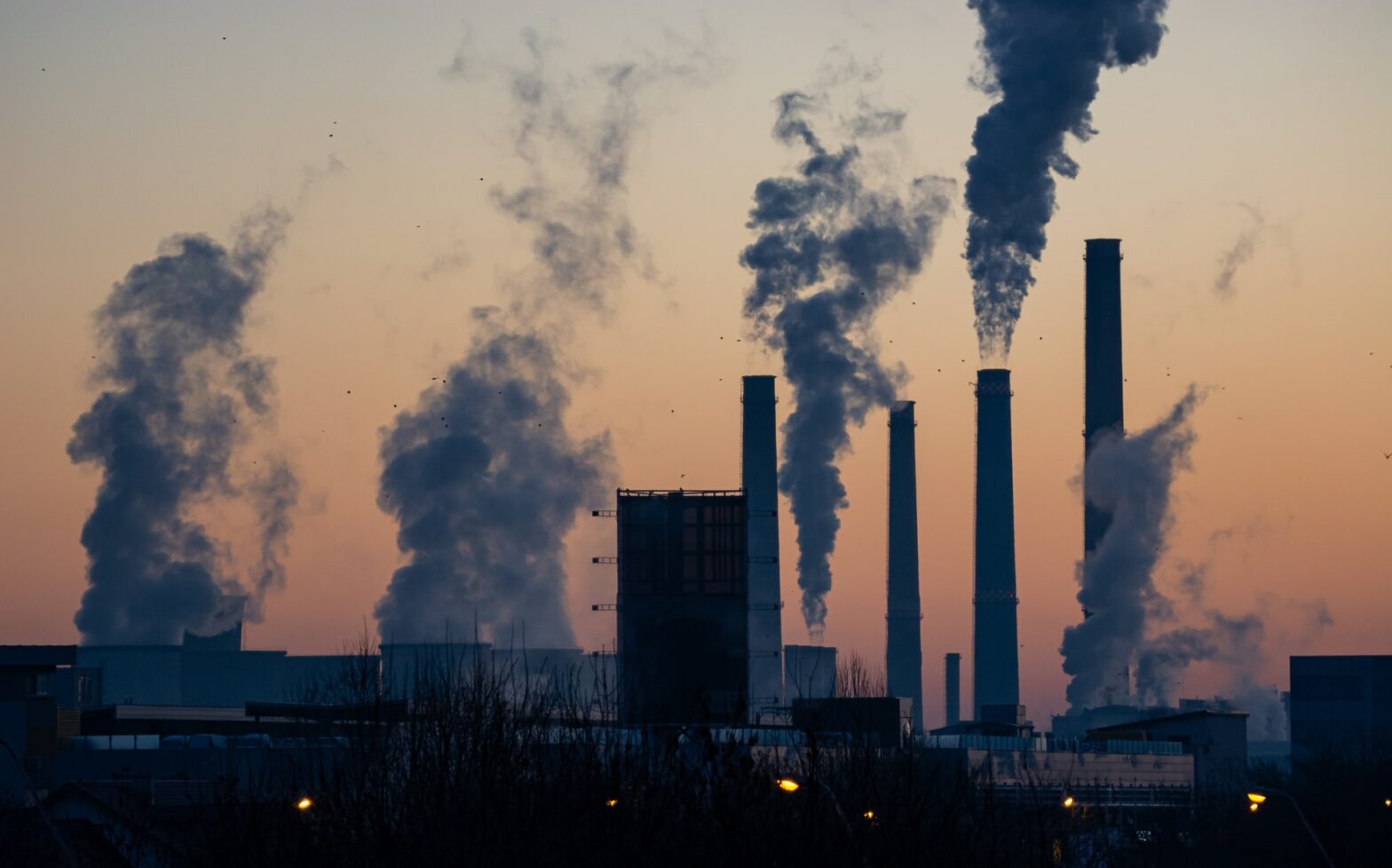Share Twitter Facebook Email Copy URL
From the Social Forum of the Human Rights Council to the UN 2023 Water Conference
Against the backdrop of a neoliberal globalisation that promotes the unbridled commodification of life, water – a vital common good for human beings and ecosystems – is now a source of power and a coveted object. In some situations, water is even used for political purposes as an instrument of war to choke civilian populations. Water is a common good, and access to water a human right. As such, everyone should have access to it, without discrimination, and it should serve social and climate justice. It is against this complex backdrop that the Social Forum for the promotion of the right to water took place in Geneva in 2022.
The Social Forum of the United Nations Human Rights Council is a space aimed at promoting social justice throughout the world, with the guiding principles of solidarity and cooperation. Each year, it brings together experts, civil society organisations, and representatives of United Nations Member States to discuss specific issues related to the enjoyment of economic, social and cultural rights.
The 2022 event took place on 3 and 4 November in Geneva with a focus on “water for human rights and sustainable development”, as part of the run-up to the next United Nations conference on water, to be held in New York in March 2023.
Along with United Nations Member States, a wide range of experts, civil society organisations and social movements discussed the various obstacles to implementing the right to water and sanitation across the world. The 2022 Social Forum drew attention to growing violations of the right to water and sanitation, in particular due to the multidimensional global crises in recent years that have deepened socio-economic inequalities. Participants called for strong action to be taken immediately, based on sound international cooperation.
Representatives of civil society organisations gave concrete examples of the destructive effect of the privatisation of water management when it comes to achieving the right to water for populations in poor countries such as Senegal and Bolivia. They also emphasised that strong public policies around water and sanitation, along with a community approach to water management, are effective means for implementing the right to water, particularly in countries in the Southern Hemisphere.
Representatives of peasants’ organisations and indigenous peoples also gave strong speeches. The general coordinator of La Via Campesina, Morgan Ody, and the President of FILAC (Fund for the Development of the Indigenous Peoples of Latin America and the Caribbean), Freddy Mamani Machaca, highlighted the importance of the knowledge of indigenous populations and smallholders when it comes to promoting the management and sustainable use of water in a way that respects our planet’s natural cycles. Their remarks also drew attention to the relationship between the rights of indigenous peoples and smallholders and the right to water. Smallholders and indigenous peoples are guardians of water and central stakeholders in the preservation of biodiversity and promotion of food security in the world. As such, guaranteeing their rights makes it possible to adopt good practices when implementing the right to clean and safe water for all, as sanctioned through international legal instruments such as the United Nations Declaration on the Rights of Indigenous Peoples (UNDRIP)[1] and that of smallholders’ rights (UNDROP)[2].
In her speech, Morgan Ody delivered four key messages. First of all, it is necessary to recognise the right of water itself (that is to say, to ensure that the natural cycles of water are respected and that water is preserved), even before the right to water. Secondly, an order of priority should be respected when it comes to the use of water for human consumption and activities: first, ensuring access to water for vital needs (including individual and agricultural), and only afterwards considering water for recreational activities. Thirdly, we should ensure efficient water management for agricultural use through water-conserving agroecological and smallholder practices. Finally, to tackle water being wasted due to the unbridled greed of dominant elites, we should move away from capitalist logic and make the right to water for all a primary focus. In Ody’s words: “Water does not belong to Suez; nor does it belong to Veolia, or Nestlé, or Danone. Water is a common good. It is a vital resource for every living being, and it cannot be subject to the laws of the market which allow the rich and powerful to accumulate and waste it, while the poor and marginalised die of thirst because they cannot afford it. It is the responsibility of each state to ensure the right to water usage against multinational businesses’ wishes to monopolise, commodify and privatise it.”
In an interactive session on “governance and participation in relation to the right to water”, CETIM and the International Association of Democratic Lawyers[4] recalled the concerns raised by civil society organisations and representatives of affected communities, particularly around the harmful effects of water privatisation for the benefit of transnational corporations. Both organisations insisted that debates on the right to water should be conducted from the perspective of the needs of the most vulnerable and marginalised groups, such as smallholders and other people working in rural areas. To this end, the importance was emphasised of utilising UNDROP for the right to water, along with the Declaration’s challenges, which should be given a central place in debates on the right to water and sanitation.
La Via Campesina, CETIM, FIAN International and the Geneva Academy of International Humanitarian Law and Human Rights worked together to organise a side event as part of the Social Forum, in collaboration with the Permanent Mission of the Plurinational State of Bolivia, the Office of the United Nations High Commissioner for Human Rights (OHCHR), and the South Centre. The event attracted many representatives of civil society and social movements, as well as UN officials and representatives of diplomatic missions[5].
Among the high-level speakers and participants were: Bolivia’s Vice-Minister of External Relations; the Ambassadors of Bolivia and Egypt, representatives of several other state delegations; the Special Rapporteur on the right to water and sanitation and the Special Rapporteur on extreme poverty; the General Coordinator of La Via Campesina and the President of FILAC; representatives of the Office of the High Commissioner for Human Rights, as well as other United Nations bodies and mechanisms. This side event made it possible to expand and consolidate a network of stakeholders strongly committed to working together for the rights of smallholders and indigenous peoples, and for the promotion and effective implementation of the right to water on a national and international scale, as well as on a local and regional scale.
Remarks made by the current Special Rapporteur on the right to water and sanitation, Mr. Pedro Arrojo-Agudo, made an impression, during both our conference and the Social Forum plenary session. Referring to his previous two reports[6], Mr. Arrojo-Agudo highlighted that 80% of people living in rural areas do not have guaranteed access to safe drinking water. On activities that are significantly harmful when it comes to the right to water, Mr. Arrojo-Agudo pointed to extractive mining and agro-industry practices, which seriously contaminate water sources. A lack of public funds and sanitation infrastructure is also seen as an urgent problem. Mr. Arrojo-Agudo emphasised that smallholders and their organisations should play a leading role in the necessary ecological transition towards food systems that are sustainable and fair.
The 2022 Social Forum demonstrated that no real progress can be made in the right to water and sanitation without strong commitments made in favour of human rights and the active participation by affected populations in decision-making processes.
Social movements and grassroots organisations made a very significant contribution to the 2022 Social Forum. Representatives made their demands known, and showed their commitment and determination to fight for a global society that prioritises solidarity, protects the environment, respects human rights and, ultimately, fights the implacable logic aimed first and foremost at generating profit. It is crucial that these movements and organisations invest in the UN Water Conference to be held in March 2023 in New York, in order to promote the right to water as a vehicle for social and climate justice.
The debates of the Water Conference will take place around five main axes of water for: (1) health; (2) development; (3) climate, resilience and the environment; (4) cooperation; (5) the Water Action Decade. These are of course fundamental themes when it comes to promoting the right to water in connection with a broader range of economic, social and cultural rights. By development, we mean the right to development, and not the neoliberal development that is promoted throughout the world. On this latter point, it should be noted that the framework of the right to development, as sanctioned by the United Nations, is a key tool for the promotion of social and environmental justice and the collective and democratic management of common goods such as water, in the context of popular self-determination. Therefore, in our view, it is crucial to work towards strengthening the position of the right to development in debates on the promotion of the right to water for all. At the same time, it is necessary to remain vigilant in the face of manoeuvres and manipulation – which will certainly not be lacking – aimed at emptying debates of any view rooted in the defence of human rights and the most vulnerable communities.
Social movements will also have to invest so as not to leave space for mercantile interests. However, as at the 2021 Food Systems Summit[7], multinational corporations are on the offensive for the 2023 Summit to promote more privatisation of water sources and legitimise pseudo “public-private” partnerships which go against all public interest in this area. It is therefore essential to work collectively to protect this UN summit against the risk of influence by the private sector on political decision-making (also known as corporate capture). In so doing, the aim is to achieve significant, concrete progress in the right to water for all.
Danilo Gonçalves Borghi and Raffaele Morgantini (CETIM)
[1] http://www.un.org/development/desa/indigenouspeoples/wp-content/uploads/sites/19/2018/11/UNDRIP_F_web.pdf
[2] https://digitallibrary.un.org/record/1650694/files/A_HRC_RES_39_12-FR.pdf?ln=fr
[4] https://iadllaw.org/
[5] Watch the event video: https://justice5continents.net/fc/viewtopic.php?t=1154
[6] https://www.ohchr.org/en/special-procedures/sr-water-and-sanitation/annual-reports
[7] On this subject, see this publication by La Via Campesina: https://viacampesina.org/en/wp-content/uploads/sites/2/2020/12/LVC-Position_FR_UN-Food-Summit_2020_LowRes3.pdf



